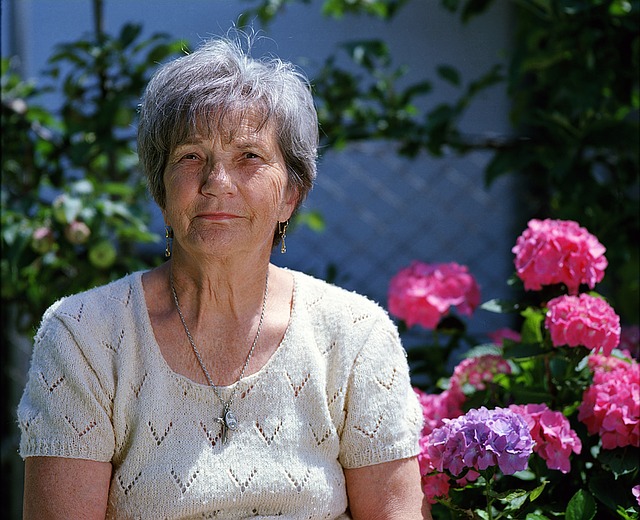Why do bones get weak over time? If there is one thing that no person can avoid, it is aging. No matter how much we may try to deny the inevitable, our bodies grow and mature. However, once we start to reach older ages, many of our functions start to rapidly decline as our age increases.
One particular change that takes place as we age is that our bones will gradually weaken in strength. Here are some of the reasons why bones will gradually lose their strength as we age.
Changes In Muscle
One of the biggest factors that is incorporated as to why bones weaken is because of some of the age-related changes that takes place in our muscles. As we gradually grow older, the muscle slowly loses size and strength.
Because of this strength loss, this can contribute to older people becoming significantly more fatigued and weak. They may also not be able to tolerate the same intensity of exercise as when they were younger.
There are a litany of changes that are taking place beneath the surface which contributes to this problem.
First, the muscle fibers in our body will gradually reduce not only in size, but in number. This is a recipe for weakening the bones. Next, the muscle tissue is slowly replaced and tissue that happens to be lost is actually replaced with a fibrous tissue instead.
There are also neurological changes that happen in the nervous system that can contribute to reduced tone and muscle contractility.
Changes In Joints
Another contributing factor that contributes to gradual bone weakness is some of the age related changes in the joints. In a joint, the bones are not in direct contact with each other, but are rather cushioned through lines of cartilage and synovial fluid.
As we increase in age, moving our joints will become significantly stiffer and less flexible.
This is due to the fat that the number of fluid within the joints decreases and the cartilage gradually becomes thinner.
This also contributes to ligaments shortening and losing their flexibility as well. Joints can feel significantly stiffer, and this could potentially contribute to arthritis in hands and feet.
Changes In Bones
Of course, there are also age related changes taking place within the bone as well. Bones are comprised of living, active tissue.
However, there are many negative, but natural changes that take place in our bones as we age. As we grow older, this active bone tissue will gradually begin to decrease.
If we have low bone mass, this means that our bone mass will become significantly weaker and people may be at an increased risk for breaks from a sudden fall. Our bones actually become significantly less dense for a variety of reasons.
Usually, older people are not as active because of some of the reasons stated above. This inactive and sedentary lifestyle can cause bone wastage. However, there are also hormonal changes that are contributing to the problem.
First, in women, menopause automatically triggers a loss of important minerals that are required for bone tissue. As for men, sex hormones will gradually decrease. This can be an indirect cause for osteoporosis.
Bones will also gradually lose the vital calcium that they need to maintain its strength and integrity. Additional minerals are also often lost in the process.
Common Conditions In Older Age
With all of these reasons that contribute to a loss in bone strength, this will put older people at risk for a variety of conditions that affect the bone, muscles and the entirety of the musculoskeletal system.
One of the most common conditions is rheumatoid arthritis, which is an inflammation of the joints.
Other conditions include osteoarthritis, being the breakdown of cartilage causing pain and stiffness and osteoporosis, which increases the likelihood of fractures through a loss of bone mass.
Common interventions to combat these aging changes is stretching, physical activity and weight-bearing activities.
You can find much more information on living a holistic lifestyle in these free magazines and on our YouTube channel.

Bio: Paisley Hansen is an avid student of health and fitness and overall well-being. She has devoted herself to the field, loves acquiring new knowledge about anything related to health and fitness, and leads a very healthy lifestyle for her family to follow.
In recent years she has decided to share much of her knowledge in this field. When she isn’t writing she can usually be found reading a good book, outside with her family or at the gym.
Hometown: Bend, OR United States Occupation: Freelance writer Interests: Fitness, exercising, health, healthy eating, beauty, fashion, wellness, motherhood.






